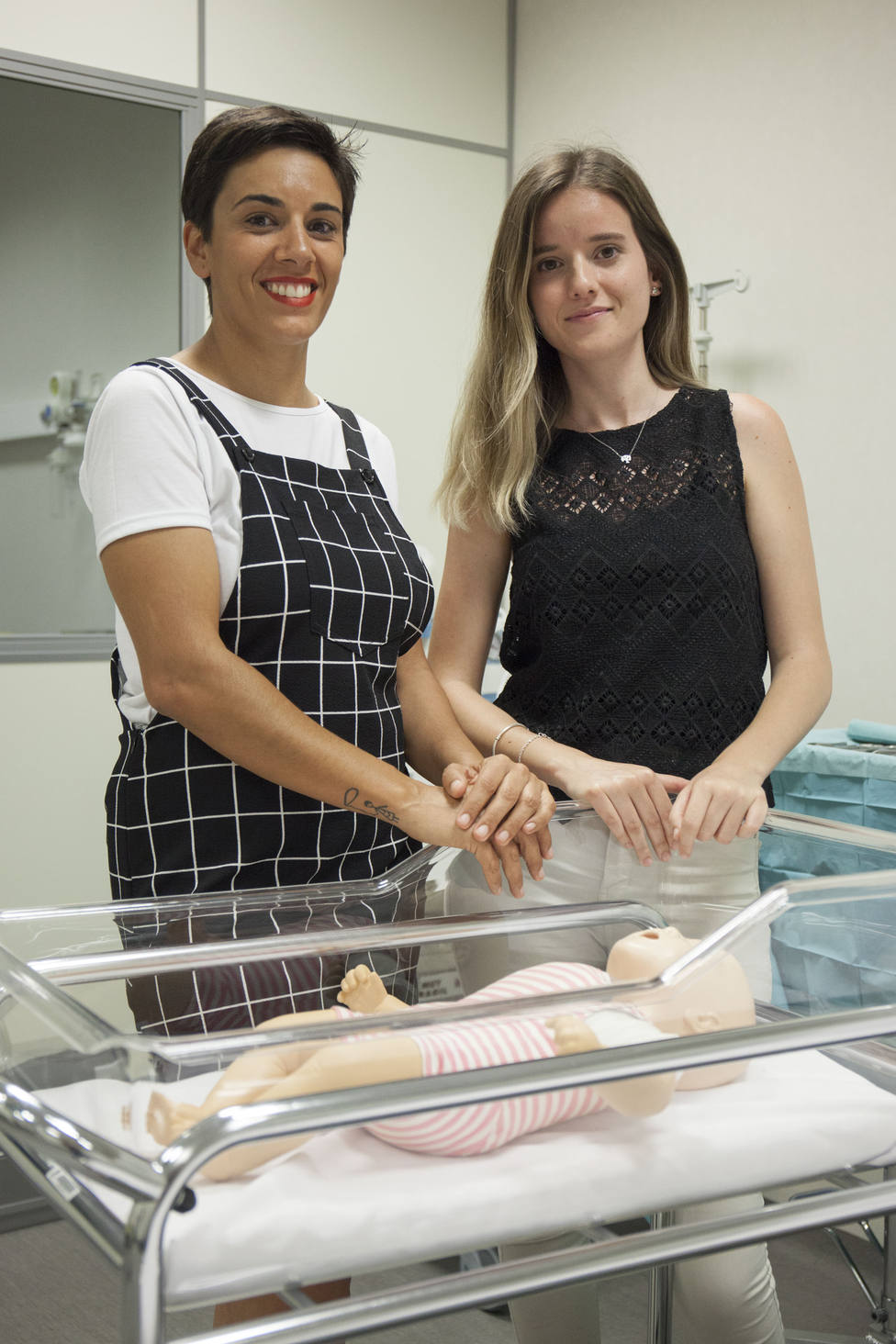
El chupete como herramienta contra la muerte súbita de bebés o como hábito tabáquico en la adolescencia - Castellón - COPE

Clínica Dental Dámaris Rasero - 👶👶El uso de chupete en bebés tiene beneficios, reduce la incidencia de la muerte súbita del lactante y es un analgésico muy eficaz, pero puede causar maloclusiones
![Entrevista] Dr. Juan Carlos Pérez Varela, presidente de la SEDO: ¿Chupete sí o no? ¿Qué recomiendan los especialistas? Entrevista] Dr. Juan Carlos Pérez Varela, presidente de la SEDO: ¿Chupete sí o no? ¿Qué recomiendan los especialistas?](https://blog.elembarazo.net/wp-content/uploads/sites/13/2019/07/beneficios-riesgos-chupete-min.png)
Entrevista] Dr. Juan Carlos Pérez Varela, presidente de la SEDO: ¿Chupete sí o no? ¿Qué recomiendan los especialistas?



















